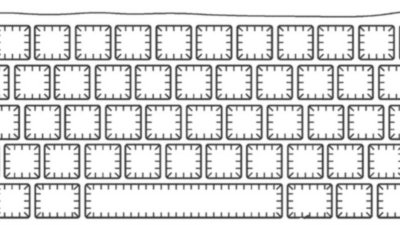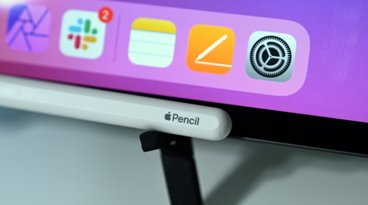Intel launches Oak Trail tablet chip in attempt to catch iPad
Intel formally launched the new Atom chip, codenamed Oak Trail, which is built specifically for tablet computers on Monday, alongside the news that 35 tablet and "hybrid" computers are slated to make use of the chip, the Associated Press reports.
"You won't find a lot of Intel based tablets on the shelves at the moment," the BBC reported Kevin O'Donovan, Intel's marketing manager for notebooks and tablets, as saying. "2011 is about becoming relevant."
The first tablets implementing the new 45nm-process chip are expected to launch in May.
The tablet chip, which will retail under the name Z670, takes its place as the next step in a long-term "marathon" that Intel sees itself running. Last fall, CEO Paul Otellini reassured employees in a company-wide memo that Intel would eventually triumph in the tablet and smartphone markets, just as it did with servers.
"Winning an architectural contest can take time…," said Otellini. “I am also very optimistic about our opportunity in tablets and smartphones, even though we are not first to market with a solution. Ultimately, we can and will lead.â€
However, some industry watchers are skeptical about Intel's late arrival to the market.
"I think they have got some serious challenges," said Gartner research director Michael Gartenberg. "They continue to beat the drum of performance, but in reality, I don't think there are a lot of people running around complaining about how slow their tablets are. They seem to be quite happy with the Arm architecture."
Despite having an 80 percent market share of laptops and desktop PCs, Intel has struggled with its mobile offerings. In October, the company conceded that sales of the iPad had "nibbled away" at PC sales margins and had had some effect on revenues.
The world's largest chipmaker also indicated plans to release a smartphone processor later this year, though it has yet to release specifications. Intel attempted to buy its way into mobile with its _to_acquire_iphone_chipmaker_infineon_for_1_4_billion.html">$1.4 billion purchase
For years, rumors suggested that Apple would transition the iPhone to the Atom architecture, but the change failed to materialize as Intel struggled with managing power consumption.
Rival chip designer ARM Holdings went on record last November saying it is not worried about Intel catching up in the tablet market. “[Intel's] Atom designs are just not good enough in terms of power consumption [right now]. Intel knows this,†said CEO Warren East.
Buoyed by runaway sales of the iPhone and iPad, ARM announced record revenue and earnings last quarter. ARM provides processor designs for Apple's A5 System on a Chip, which powers the iPad 2 and is expected to make its way into the next-generation iPhone later this year.
 Josh Ong
Josh Ong



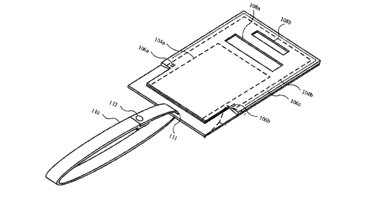






 Malcolm Owen
Malcolm Owen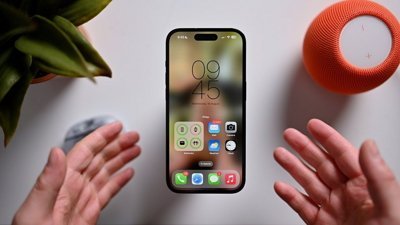
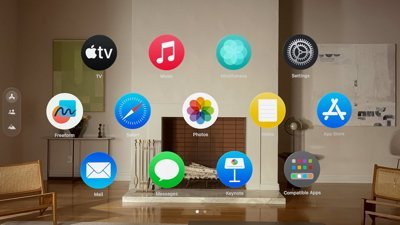

 William Gallagher
William Gallagher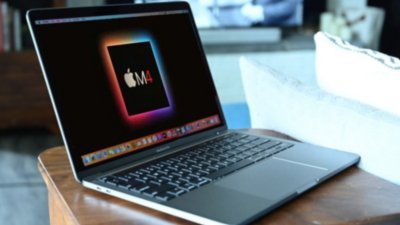

 David Schloss
David Schloss
 Amber Neely
Amber Neely